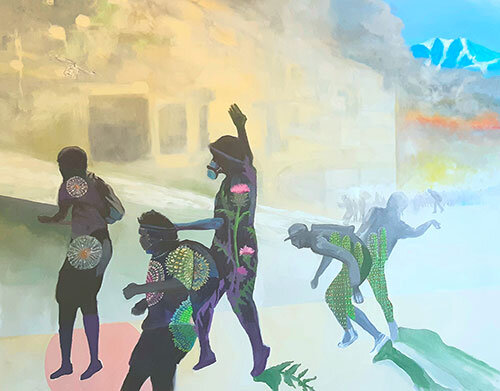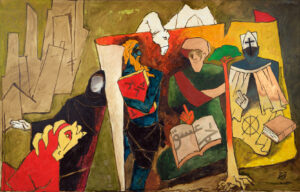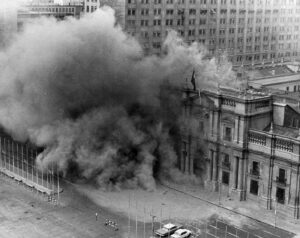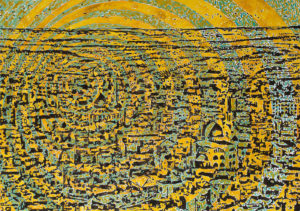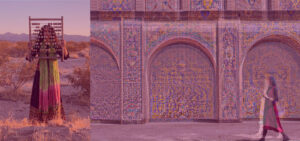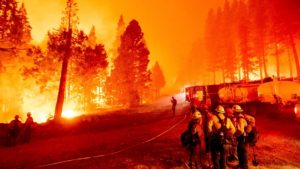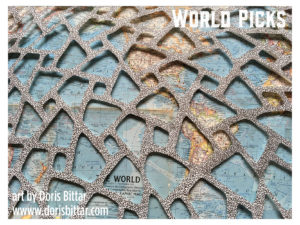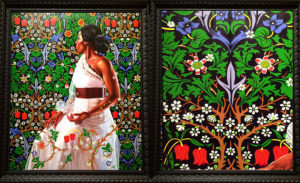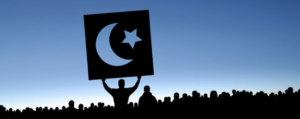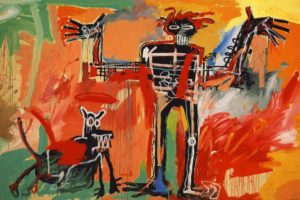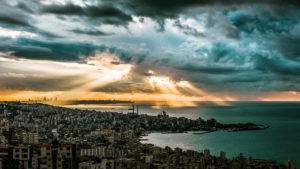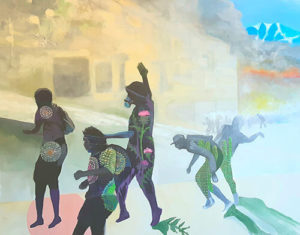On the day of my visit, San Luis Obispo set a new heat record at its Cal Poly station of 120 degrees, but despite searing temperatures, the forest fires raging only miles away and the COVID pandemic, I needed to break my routines. At home I had finished my manuscript translation of 20 Love and Erotic Poems and an Ooh Baby Moan by National Book Award winner Peter Harris. Paying homage to Chilean Poet Pablo Neruda’s Twenty Love Poems and a Song of Despair, Harris’s work is both more personal and erotic, crossing lines of history and African-American idioms with unapologetic and revelatory candor. Translating the expressions of my colleague into Spanish and wrestling with moments of using Chilean or more widely understood Spanish terms, while remembering Neruda, feels like a cultural marker for a life spent in exile. How many years does it take to translate hidden or concealed culture, how does one convey the meaning of a crossroads, the Chitlin circuit or simply an ‘Ooh baby moan’ in Spanish? Before the brutal military coup that ended the Salvador Allende government and ushered in the 17 year long dictatorship of Augusto Pinochet that sent nearly a million of us into the world, Chilean culture was not as flexible, experienced and nuanced concerning exile as it is today. Chilean-Palestinian, Mahfud Massis, (1916-1990) one of our most notable poets, was already living a life informed by exile in Chile, and was forced to create another home and exile in Venezuela when Pinochet rose to power. Sing then, my soul Mahfud Massis Poem 20 from Elegy Beneath the Earth 1955 Massis, a son of Palestinian and Lebanese parents born in the northern desert city of Iquique, Chile, had much to teach us about exile and time. His early writings indicate a nostalgia and sense of loss for the language and nations of his parents. Changing his name from Antonia Macias to the Arabic version, he identified not only as a Mahjar poet but also as a ‘Black poet’. Poesia Negra in Latin America refers to streams of poetry that refer to the experiences of people of African origin with their own perspective and authentic voice. His work is often described as a literary intifada. People are often surprised to learn that Chile has the largest diaspora population of Palestinians, in the Arab world, although it is much older than the Nakba (Palestinians began arriving in the 1870s—Ed.). We are only just beginning to incorporate this history and impact on the identity that Chileans forge for themselves within and without national boundaries. If as a nation we had paid more attention to the marginalized and immigrant communities that surrounded us, we might have been better prepared for what our futures in exile would bring. No matter how many generations, what experiences and how much nation building we engage in, there will always be those who claim we are from somewhere else, those who base identity solely on language or race and find it hard to understand that exiles and immigrants will always confront nativist identities with caution. It is ironic that the occupation of Palestine by Israel has so much in common with the westward expansion of the United States and the displacement and genocide of native populations. Massis, a contemporary of Pablo Neruda, may have been surprised to learn that dark chapters of Neruda’s life would come under scrutiny as Chileans attempt to dismantle some of the monuments left behind by the Pinochet regime. When it was suggested that the our national airport change its name from Aeropuerto Internacional Arturo Merino Benitez ( Merino was the head of the Navy and one of the four members of the military junta) to that of Pablo Neruda, feminists and others arose against the motion. Neruda himself had penned the reason. In his 20 Love poems and Song of Despair, poem 15 starts with: “Me gustas cuando callas… I like it when you are silent because it is like you are absent.” It feels like Neruda is referring to an incident he wrote about. It happened when he was a 25 year-old ambassador to Ceylon in 1929 and describes what can only be construed as the rape of a young Tamil girl. The incident has never been the subject of public debate. To some it seems unlikely that his reputation and image would suffer from something that happened so long ago. His actions in life might have prevented the incident from drawing attention, for he was a spokesperson for the poor, for native populations and the environment, for social equalities. It will not be easily forgotten that anti-colonialist Neruda may have been poisoned by agents of Pinochet or that his timely efforts in 1939 brought thousands of Spanish refugees from the collapsed republic to Chile aboard the SS Winnipeg, saving them from death and concentration camps. It is sometimes easier to hold on to the past than to live in the present. Driving through the overpopulated State of California, places that were once isolated and tranquil, blaze with flames, crowds, and unmasked visitors. Few know that California has the largest number of Arab American/ Middle Eastern/ SWANA people in the United States or that often the route of Syrian, Lebanese and Palestinians to the United States has been through Latin America or Mexico. It is not easy to dismantle history or to counter ideas that keep some as outsiders and keep others on pedestals. Stateless and dispossessed persons in the world today amount to a staggering 65 million, but some folks are just going to have to move over. Chilean American artist Francisco Letelier is a TMR contributing editor. He creates art that explores cultural memory and identity which offers opportunities for exchange and education. Known for both his words and images, he has managed projects throughout the Americas, Europe, India and the West Bank of Palestine. Letelier has received the LA Artcore award for contributions to Southern California culture and the SPARC (Social and Public Art Resource Center) Siquieros Muralist Award. His mural installation, “Todas las Manos,” created at American University in Washington D.C. in 2016, was dedicated by Chilean President Michelle Bachelet. The artist received a Grammy nomination for his work on musician Jackson Browne’s World in Motion release. Letelier’s essays have been published in the Washington Post, the LA Times and other international publications and he has lectured widely, including UCLA, USC, American University, Vassar and the The Salvador Allende Solidarity Museum in Santiago, Chile. Letelier is an associate fellow of the Washington D.C.-based Institute for Policy Studies, and a Truth and Reconciliation fellow of the Santa Fe Art Institute, New Mexico. Based in Venice and Joshua Tree, California, the artist’s Los Angeles murals include the soaring monumental ceramic tile murals, El Sol and La Luna that adorn the Westlake/MacArthur Park Metro Station in Los Angeles. The works carry on the legacy of the Chilean mural tradition and serve as a symbol for the diversity of Los Angeles. TMR exists thanks to its readers and supporters. By sharing our stories and celebrating cultural pluralism, we aim to counter racism, xenophobia, and exclusion with knowledge, empathy, and artistic expression.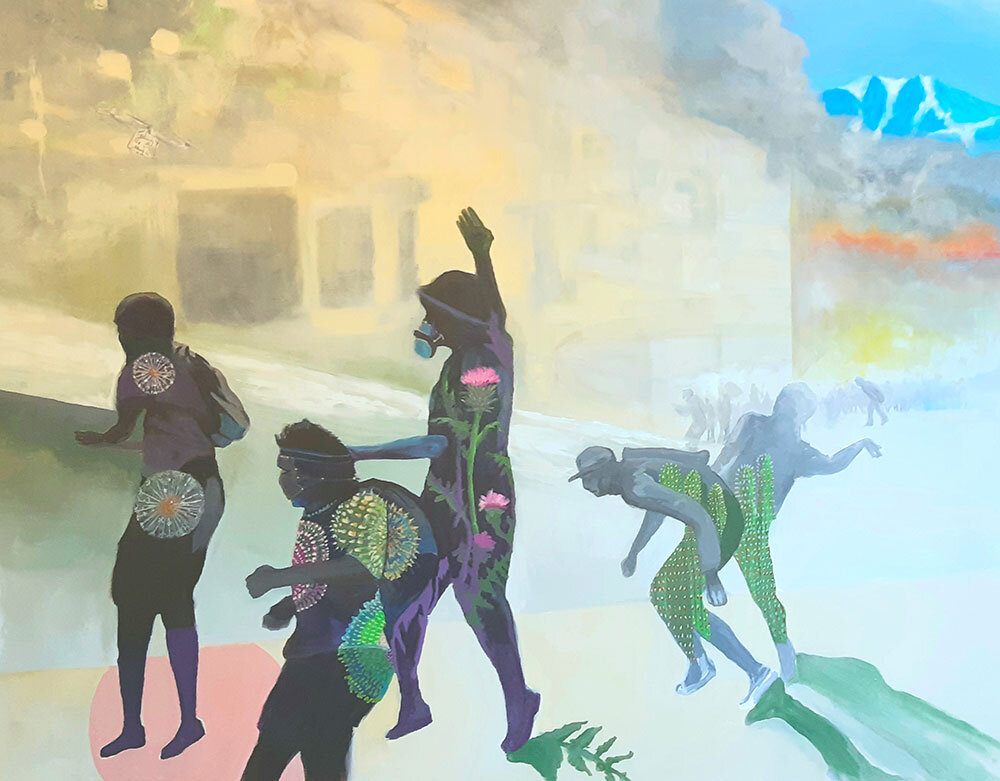
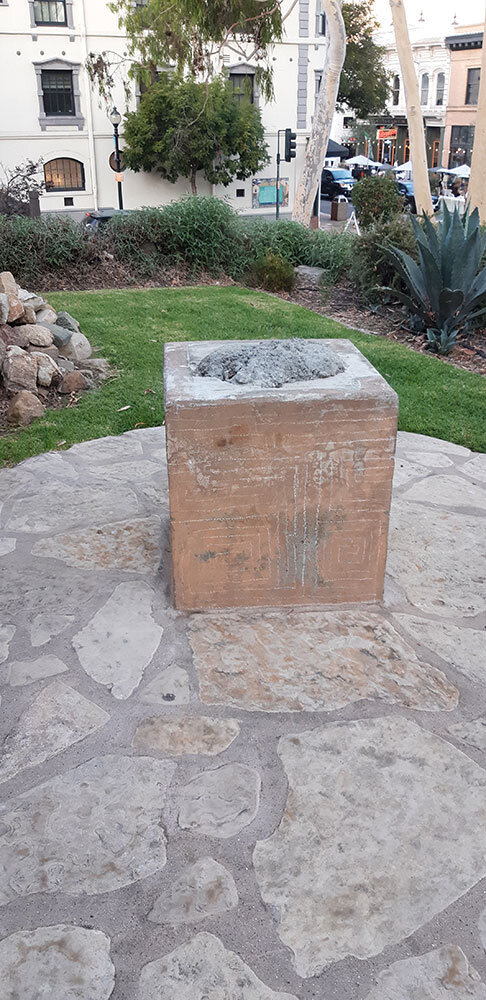
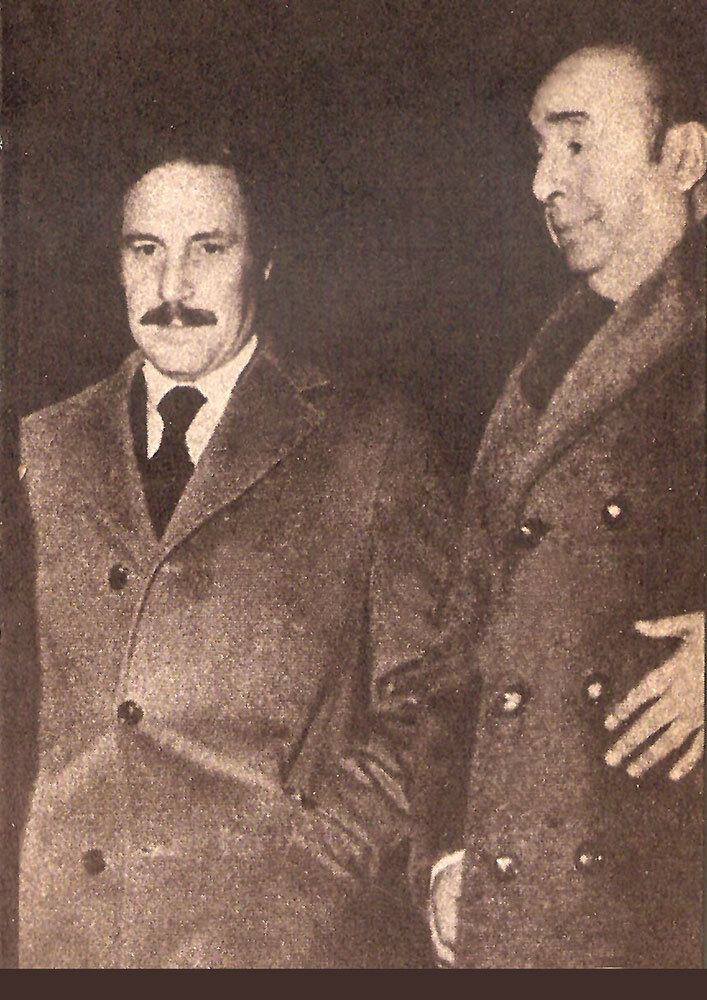
while your wounded majesty ascends,
justify your eternity,
my solitude of man abandoned amongst
the multitude.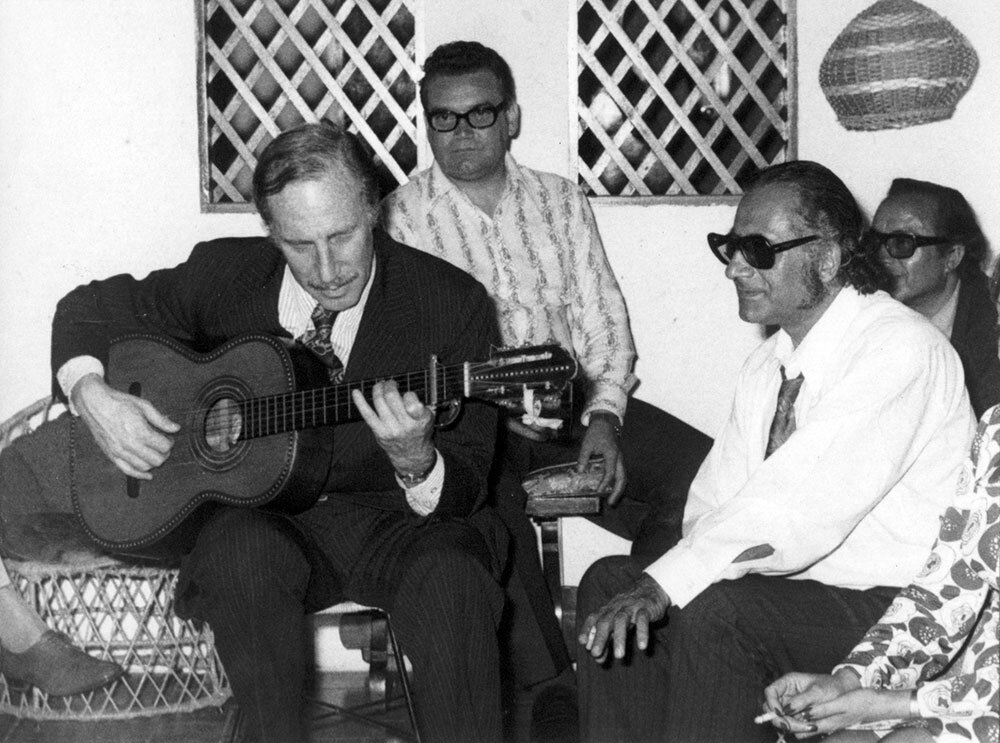
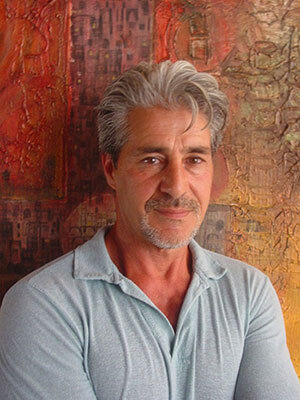
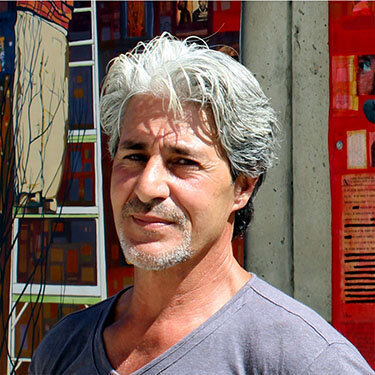
Join Our Community



